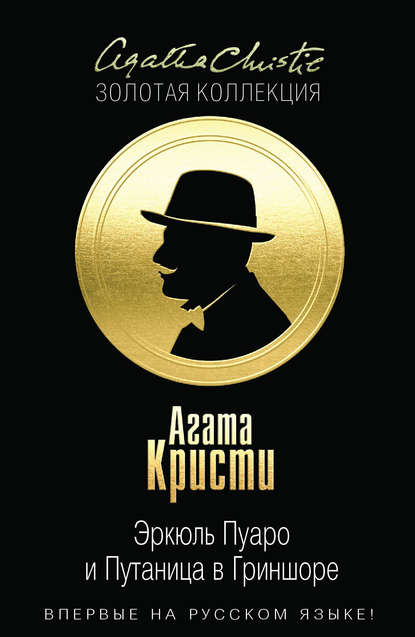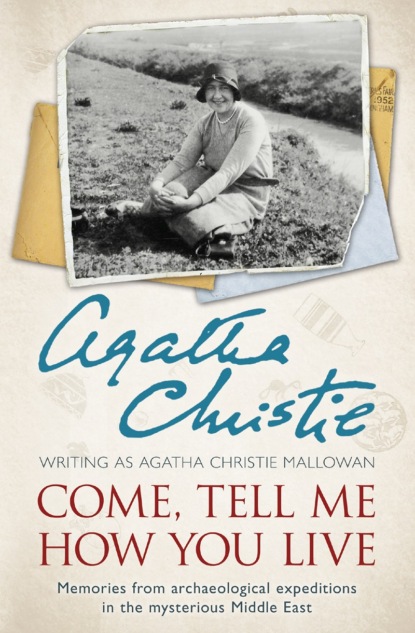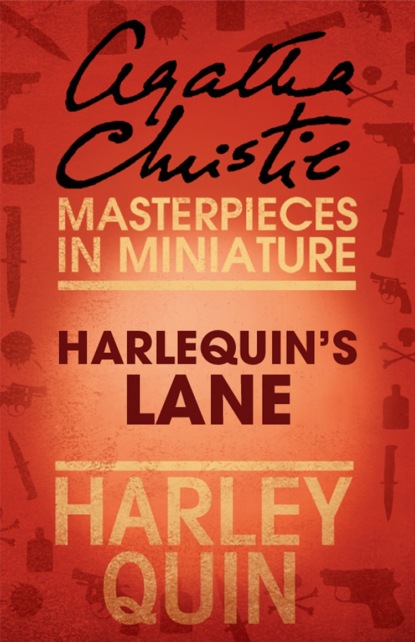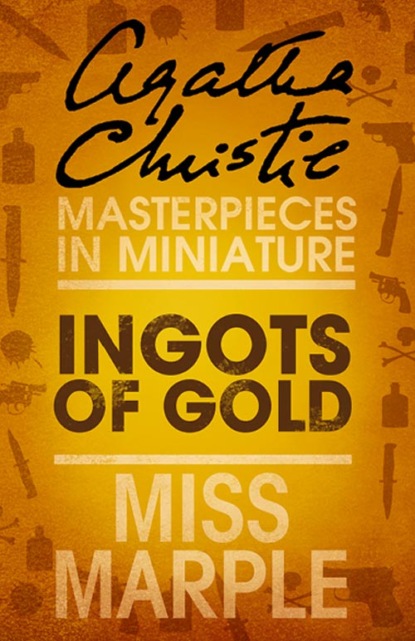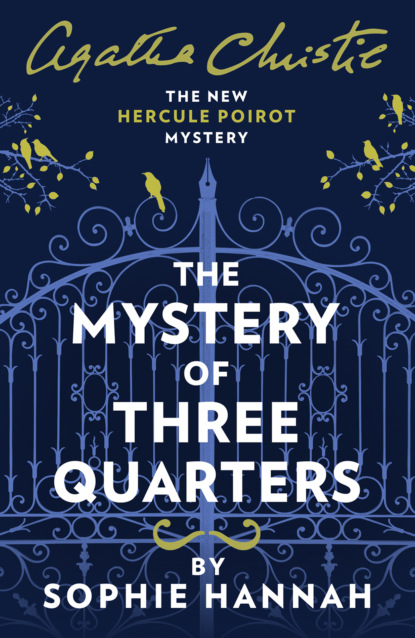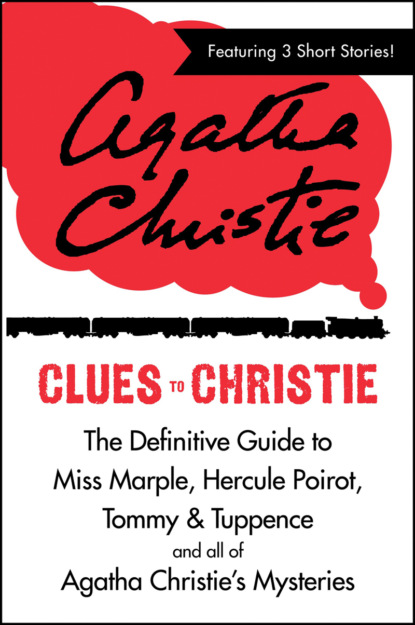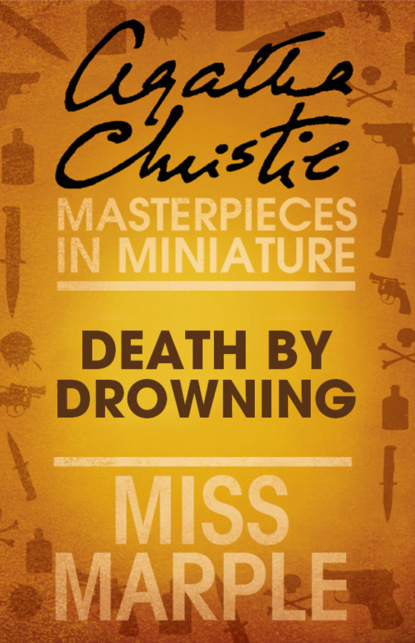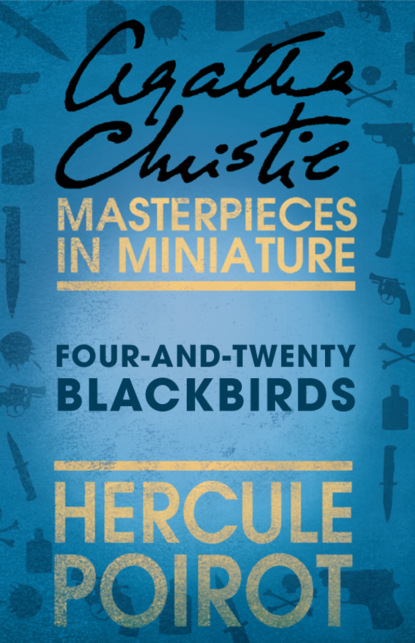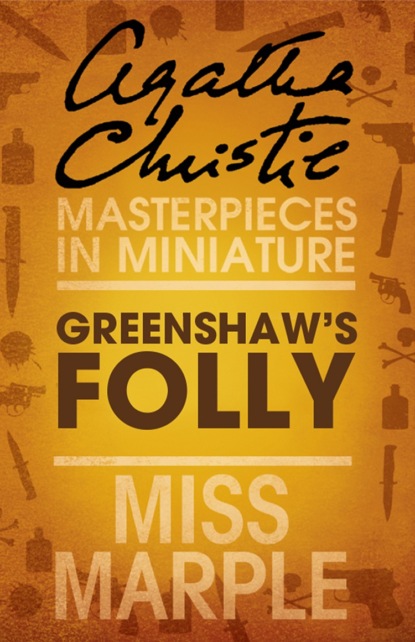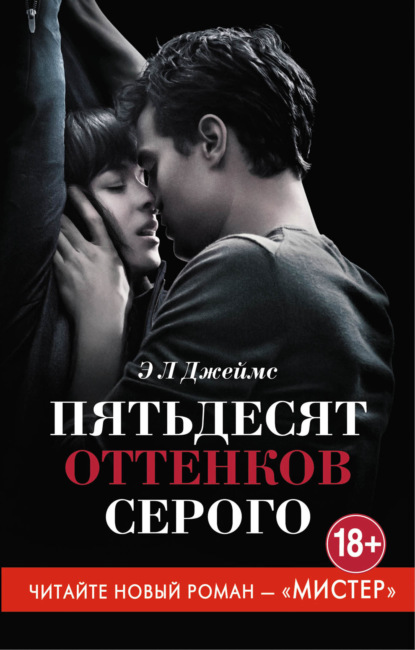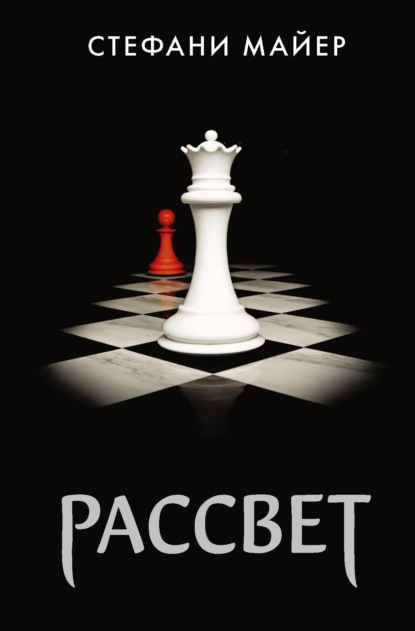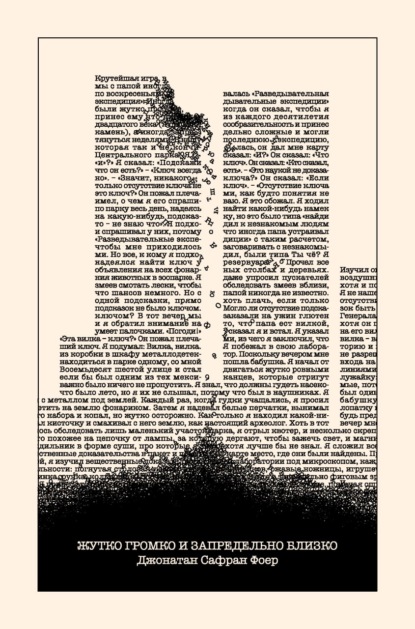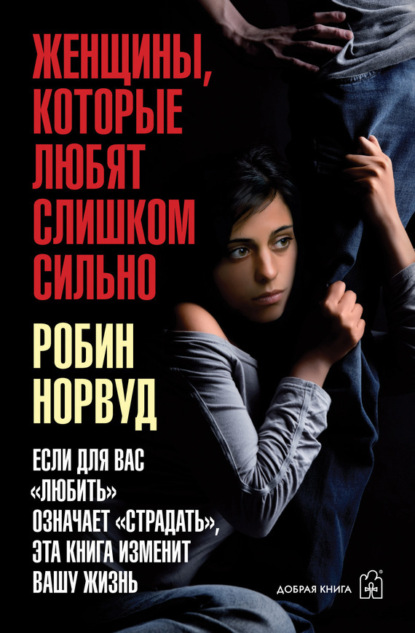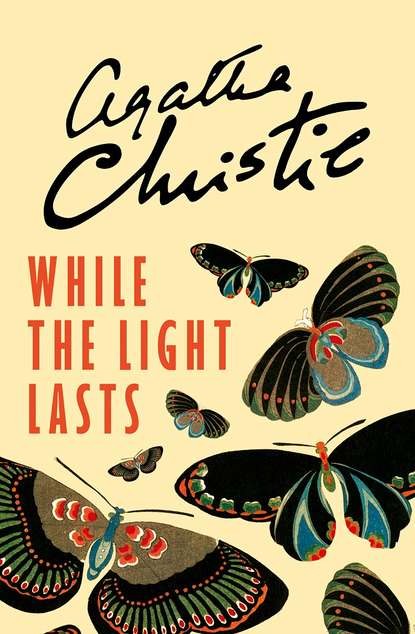
Текст
отзывы: 0 | рейтинг: 0
While the Light Lasts
Жанр:
Язык:
Английский
Тип:
Текст
Год издания:
2019
Полная версия
Полная версия
While the Light Lasts
Agatha Christie
Some of Agatha Christie’s earliest stories – including her very first – which show the Queen of Crime in the making…A macabre recurring dream … revenge against a blackmailer … jealousy, infidelity and a tortured conscience … a stolen gemstone … the haunting attraction of an ancient relic … a race against time … a tragic love triangle … a body in a box … an unexpected visitor from beyond the grave…Nine quintessential examples of Agatha Christie's brilliance are contained in this collection of early short stories - including the very first one she ever wrote - and provide a unique glimpse of the Queen of Crime in the making.
Copyright (#ulink_7d0b6ab9-2fc0-5f98-bd57-2e840b72f819)
Published by HarperCollinsPublishers Ltd 1 London Bridge Street London SE1 9GF
www.harpercollins.co.uk (http://www.harpercollins.co.uk)
First published in Great Britain by HarperCollinsPublishers 1997
Agatha Christie
While the Light Lasts™
copyright © Agatha Christie Limited 1997. All rights reserved.
www.agathachristie.com (http://www.agathachristie.com)
Cover by designedbydavid.co.uk (http://www.designedbydavid.co.uk) © HarperCollins/Agatha Christie Ltd 2008
Agatha Christie asserts the moral right to be identified as the author of this work.
A catalogue copy of this book is available from the British Library.
This novel is entirely a work of fiction. The names, characters and incidents portrayed in it are the work of the author’s imagination. Any resemblance to actual persons, living or dead, events or localities is entirely coincidental.
All rights reserved under International and Pan-American Copyright Conventions. By payment of the required fees, you have been granted the non-exclusive, non-transferable right to access and read the text of this e-book on screen. No part of this text may be reproduced, transmitted, down-loaded, decompiled, reverse engineered, or stored in or introduced into any information storage and retrieval system, in any form or by any means, whether electronic or mechanical, now known or hereinafter invented, without the express written permission of HarperCollins.
Source ISBN: 9780008196462
Ebook Edition © December 2016 ISBN: 9780007422913
Version: 2017-04-17
Contents
Cover (#ud7dcf86f-3093-52c5-a6ed-c0ab22aef77e)
Title Page (#u8d7ce975-b31f-5997-83f9-ed103a2eb35b)
Copyright (#u0899528c-88aa-56da-ad62-9e94a857d517)
Preface (#ua1320b8d-019e-5fe3-b2be-e8c17ec84efb)
The House of Dreams (#u485a692c-ef69-59bd-8148-b2d4c6e66a33)
The Actress (#ucfb61563-9c97-5098-80ad-bb0c80ffe76e)
The Edge (#u08a961e5-631a-5512-addf-ce12ad0392ec)
Christmas Adventure (#litres_trial_promo)
The Lonely God (#litres_trial_promo)
Manx Gold (#litres_trial_promo)
Within a Wall (#litres_trial_promo)
The Mystery of the Baghdad Chest (#litres_trial_promo)
While the Light Lasts (#litres_trial_promo)
Acknowledgements (#litres_trial_promo)
Keep Reading … (#litres_trial_promo)
Also by Agatha Christie (#litres_trial_promo)
About the Publisher (#litres_trial_promo)
Preface (#ulink_1f863af4-149b-581e-a063-473d66eb360d)
Agatha Christie, the original Queen of Crime, still reigns supreme as the greatest and best known writer of the classical detective story. Her most famous novel, and very possibly the most famous of all detective stories, is The Murder of Roger Ackroyd (1926) in which she outraged the critics and, by doing so, established herself in the first rank of writers in the genre. That case was solved by Hercule Poirot, late of the Belgian Police Force, who appeared in 33 novels including Murder on the Orient Express (1930), The ABC Murders (1936), Five Little Pigs (1942), After the Funeral (1953), Hallowe’en Party (1969) and Curtain: Poirot’s Last Case (1975). Christie’s own favourite among her detectives was Miss Jane Marple, an elderly spinster who appeared in 12 novels, including The Murder at the Vicarage (1930), The Body in the Library (1942), A Pocket Full of Rye (1953), A Caribbean Mystery (1964) and its sequel Nemesis (1971), and finally in Sleeping Murder (1976), which like Curtain had been written during the Blitz nearly 30 years earlier. And among the 21 novels that do not feature any of Christie’s series detectives are And Then There Were None (1939), in which there is no detective at all, Crooked House (1949), Ordeal by Innocence (1959), and Endless Night (1967).
In a career that lasted more than half a century, Christie wrote 66 novels, an autobiography, six ‘Mary Westmacott’ books, a memoir of her expedition to Syria, two books of poetry, another of poems and children’s stories, more than 20 stage and radio mysteries and around 150 short stories. This new collection brings together nine stories that, with a couple of exceptions, have not previously been reissued since their original publication (in some cases, 60 to 70 years ago). Poirot appears in two stories, ‘The Mystery of the Baghdad Chest’ and ‘Christmas Adventure’. These are Christie’s original versions of two novellas included in the collection The Adventure of the Christmas Pudding (1960). ‘The Edge’ is a tense psychological story and ‘The Actress’ involves a clever deception. The enigmatic ‘Within a Wall’ and ‘The Lonely God’ are romantic stories, dating from the earliest years of Christie’s career; and there is a spice of the supernatural in ‘The House of Dreams’ and ‘While the Light Lasts’. Finally, there is ‘Manx Gold’, a story whose form and concept was unique in its time but which has since become very popular all over the world.
Nine stories that all display the inimitable style of Agatha Christie. A true banquet for connoisseurs!
Tony Medawar
London
December 1996
The House of Dreams (#ulink_42337a58-326d-5283-a384-340fd49394f7)
This is the story of John Segrave—of his life, which was unsatisfactory; of his love, which was unsatisfied; of his dreams, and of his death; and if in the two latter he found what was denied in the two former, then his life may, after all, be taken as a success. Who knows?
John Segrave came of a family which had been slowly going downhill for the last century. They had been landowners since the days of Elizabeth, but their last piece of property was sold. It was thought well that one of the sons at least should acquire the useful art of money making. It was an unconscious irony of Fate that John should be the one chosen.
With his strangely sensitive mouth, and the long dark blue slits of eyes that suggested an elf or a faun, something wild and of the woods, it was incongruous that he should be offered up, a sacrifice on the altar of Finance. The smell of the earth, the taste of the sea salt on one’s lips, and the free sky above one’s head—these were the things beloved by John Segrave, to which he was to bid farewell.
At the age of eighteen he became a junior clerk in a big business house. Seven years later he was still a clerk, not quite so junior, but with status otherwise unchanged. The faculty for ‘getting on in the world’ had been omitted from his make-up. He was punctual, industrious, plodding—a clerk and nothing but a clerk.
And yet he might have been—what? He could hardly answer that question himself, but he could not rid himself of the conviction that somewhere there was a life in which he could have—counted. There was power in him, swiftness of vision, a something of which his fellow toilers had never had a glimpse. They liked him. He was popular because of his air of careless friendship, and they never appreciated the fact that he barred them but by that same manner from any real intimacy.
The dream came to him suddenly. It was no childish fantasy growing and developing through the years. It came on a midsummer night, or rather early morning, and he woke from it tingling all over, striving to hold it to him as it fled, slipping from his clutch in the elusive way dreams have.
Desperately he clung to it. It must not go—it must not—he must remember the house. It was the House, of course! The House he knew so well. Was it a real house, or did he merely know it in dreams? He didn’t remember—but he certainly knew it—knew it very well.
The faint grey light of the early morning was stealing into the room. The stillness was extraordinary. At four-thirty a.m. London, weary London, found her brief instant of peace.
John Segrave lay quiet, wrapped in the joy, the exquisite wonder and beauty of his dream. How clever it had been of him to remember it! A dream flitted so quickly as a rule, ran past you just as with waking consciousness your clumsy fingers sought to stop and hold it. But he had been too quick for this dream! He had seized it as it was slipping swiftly by him.
It was really a most remarkable dream! There was the house and—his thoughts were brought up with a jerk, for when he came to think of it, he couldn’t remember anything but the house. And suddenly, with a tinge of disappointment, he recognized that, after all, the house was quite strange to him. He hadn’t even dreamed of it before.
It was a white house, standing on high ground. There were trees near it, blue hills in the distance, but its peculiar charm was independent of surroundings for (and this was the point, the climax of the dream) it was a beautiful, a strangely beautiful house. His pulses quickened as he remembered anew the strange beauty of the house.
The outside of it, of course, for he hadn’t been inside. There had been no question of that—no question of it whatsoever.
Then, as the dingy outlines of his bed-sitting-room began to take shape in the growing light, he experienced the disillusion of the dreamer. Perhaps, after all, his dream hadn’t been so very wonderful—or had the wonderful, the explanatory part, slipped past him, and laughed at his ineffectual clutching hands? A white house, standing on high ground—there wasn’t much there to get excited about, surely? It was rather a big house, he remembered, with a lot of windows in it, and the blinds were all down, not because the people were away (he was sure of that), but because it was so early that no one was up yet.
Then he laughed at the absurdity of his imaginings, and remembered that he was to dine with Mr Wetterman that night.
Maisie Wetterman was Rudolf Wetterman’s only daughter, and she had been accustomed all her life to having exactly what she wanted. Paying a visit to her father’s office one day, she had noticed John Segrave. He had brought in some letters that her father had asked for. When he had departed again, she asked her father about him. Wetterman was communicative.
‘One of Sir Edward Segrave’s sons. Fine old family, but on its last legs. This boy will never set the Thames on fire. I like him all right, but there’s nothing to him. No punch of any kind.’
Agatha Christie
Some of Agatha Christie’s earliest stories – including her very first – which show the Queen of Crime in the making…A macabre recurring dream … revenge against a blackmailer … jealousy, infidelity and a tortured conscience … a stolen gemstone … the haunting attraction of an ancient relic … a race against time … a tragic love triangle … a body in a box … an unexpected visitor from beyond the grave…Nine quintessential examples of Agatha Christie's brilliance are contained in this collection of early short stories - including the very first one she ever wrote - and provide a unique glimpse of the Queen of Crime in the making.
Copyright (#ulink_7d0b6ab9-2fc0-5f98-bd57-2e840b72f819)
Published by HarperCollinsPublishers Ltd 1 London Bridge Street London SE1 9GF
www.harpercollins.co.uk (http://www.harpercollins.co.uk)
First published in Great Britain by HarperCollinsPublishers 1997
Agatha Christie
While the Light Lasts™
copyright © Agatha Christie Limited 1997. All rights reserved.
www.agathachristie.com (http://www.agathachristie.com)
Cover by designedbydavid.co.uk (http://www.designedbydavid.co.uk) © HarperCollins/Agatha Christie Ltd 2008
Agatha Christie asserts the moral right to be identified as the author of this work.
A catalogue copy of this book is available from the British Library.
This novel is entirely a work of fiction. The names, characters and incidents portrayed in it are the work of the author’s imagination. Any resemblance to actual persons, living or dead, events or localities is entirely coincidental.
All rights reserved under International and Pan-American Copyright Conventions. By payment of the required fees, you have been granted the non-exclusive, non-transferable right to access and read the text of this e-book on screen. No part of this text may be reproduced, transmitted, down-loaded, decompiled, reverse engineered, or stored in or introduced into any information storage and retrieval system, in any form or by any means, whether electronic or mechanical, now known or hereinafter invented, without the express written permission of HarperCollins.
Source ISBN: 9780008196462
Ebook Edition © December 2016 ISBN: 9780007422913
Version: 2017-04-17
Contents
Cover (#ud7dcf86f-3093-52c5-a6ed-c0ab22aef77e)
Title Page (#u8d7ce975-b31f-5997-83f9-ed103a2eb35b)
Copyright (#u0899528c-88aa-56da-ad62-9e94a857d517)
Preface (#ua1320b8d-019e-5fe3-b2be-e8c17ec84efb)
The House of Dreams (#u485a692c-ef69-59bd-8148-b2d4c6e66a33)
The Actress (#ucfb61563-9c97-5098-80ad-bb0c80ffe76e)
The Edge (#u08a961e5-631a-5512-addf-ce12ad0392ec)
Christmas Adventure (#litres_trial_promo)
The Lonely God (#litres_trial_promo)
Manx Gold (#litres_trial_promo)
Within a Wall (#litres_trial_promo)
The Mystery of the Baghdad Chest (#litres_trial_promo)
While the Light Lasts (#litres_trial_promo)
Acknowledgements (#litres_trial_promo)
Keep Reading … (#litres_trial_promo)
Also by Agatha Christie (#litres_trial_promo)
About the Publisher (#litres_trial_promo)
Preface (#ulink_1f863af4-149b-581e-a063-473d66eb360d)
Agatha Christie, the original Queen of Crime, still reigns supreme as the greatest and best known writer of the classical detective story. Her most famous novel, and very possibly the most famous of all detective stories, is The Murder of Roger Ackroyd (1926) in which she outraged the critics and, by doing so, established herself in the first rank of writers in the genre. That case was solved by Hercule Poirot, late of the Belgian Police Force, who appeared in 33 novels including Murder on the Orient Express (1930), The ABC Murders (1936), Five Little Pigs (1942), After the Funeral (1953), Hallowe’en Party (1969) and Curtain: Poirot’s Last Case (1975). Christie’s own favourite among her detectives was Miss Jane Marple, an elderly spinster who appeared in 12 novels, including The Murder at the Vicarage (1930), The Body in the Library (1942), A Pocket Full of Rye (1953), A Caribbean Mystery (1964) and its sequel Nemesis (1971), and finally in Sleeping Murder (1976), which like Curtain had been written during the Blitz nearly 30 years earlier. And among the 21 novels that do not feature any of Christie’s series detectives are And Then There Were None (1939), in which there is no detective at all, Crooked House (1949), Ordeal by Innocence (1959), and Endless Night (1967).
In a career that lasted more than half a century, Christie wrote 66 novels, an autobiography, six ‘Mary Westmacott’ books, a memoir of her expedition to Syria, two books of poetry, another of poems and children’s stories, more than 20 stage and radio mysteries and around 150 short stories. This new collection brings together nine stories that, with a couple of exceptions, have not previously been reissued since their original publication (in some cases, 60 to 70 years ago). Poirot appears in two stories, ‘The Mystery of the Baghdad Chest’ and ‘Christmas Adventure’. These are Christie’s original versions of two novellas included in the collection The Adventure of the Christmas Pudding (1960). ‘The Edge’ is a tense psychological story and ‘The Actress’ involves a clever deception. The enigmatic ‘Within a Wall’ and ‘The Lonely God’ are romantic stories, dating from the earliest years of Christie’s career; and there is a spice of the supernatural in ‘The House of Dreams’ and ‘While the Light Lasts’. Finally, there is ‘Manx Gold’, a story whose form and concept was unique in its time but which has since become very popular all over the world.
Nine stories that all display the inimitable style of Agatha Christie. A true banquet for connoisseurs!
Tony Medawar
London
December 1996
The House of Dreams (#ulink_42337a58-326d-5283-a384-340fd49394f7)
This is the story of John Segrave—of his life, which was unsatisfactory; of his love, which was unsatisfied; of his dreams, and of his death; and if in the two latter he found what was denied in the two former, then his life may, after all, be taken as a success. Who knows?
John Segrave came of a family which had been slowly going downhill for the last century. They had been landowners since the days of Elizabeth, but their last piece of property was sold. It was thought well that one of the sons at least should acquire the useful art of money making. It was an unconscious irony of Fate that John should be the one chosen.
With his strangely sensitive mouth, and the long dark blue slits of eyes that suggested an elf or a faun, something wild and of the woods, it was incongruous that he should be offered up, a sacrifice on the altar of Finance. The smell of the earth, the taste of the sea salt on one’s lips, and the free sky above one’s head—these were the things beloved by John Segrave, to which he was to bid farewell.
At the age of eighteen he became a junior clerk in a big business house. Seven years later he was still a clerk, not quite so junior, but with status otherwise unchanged. The faculty for ‘getting on in the world’ had been omitted from his make-up. He was punctual, industrious, plodding—a clerk and nothing but a clerk.
And yet he might have been—what? He could hardly answer that question himself, but he could not rid himself of the conviction that somewhere there was a life in which he could have—counted. There was power in him, swiftness of vision, a something of which his fellow toilers had never had a glimpse. They liked him. He was popular because of his air of careless friendship, and they never appreciated the fact that he barred them but by that same manner from any real intimacy.
The dream came to him suddenly. It was no childish fantasy growing and developing through the years. It came on a midsummer night, or rather early morning, and he woke from it tingling all over, striving to hold it to him as it fled, slipping from his clutch in the elusive way dreams have.
Desperately he clung to it. It must not go—it must not—he must remember the house. It was the House, of course! The House he knew so well. Was it a real house, or did he merely know it in dreams? He didn’t remember—but he certainly knew it—knew it very well.
The faint grey light of the early morning was stealing into the room. The stillness was extraordinary. At four-thirty a.m. London, weary London, found her brief instant of peace.
John Segrave lay quiet, wrapped in the joy, the exquisite wonder and beauty of his dream. How clever it had been of him to remember it! A dream flitted so quickly as a rule, ran past you just as with waking consciousness your clumsy fingers sought to stop and hold it. But he had been too quick for this dream! He had seized it as it was slipping swiftly by him.
It was really a most remarkable dream! There was the house and—his thoughts were brought up with a jerk, for when he came to think of it, he couldn’t remember anything but the house. And suddenly, with a tinge of disappointment, he recognized that, after all, the house was quite strange to him. He hadn’t even dreamed of it before.
It was a white house, standing on high ground. There were trees near it, blue hills in the distance, but its peculiar charm was independent of surroundings for (and this was the point, the climax of the dream) it was a beautiful, a strangely beautiful house. His pulses quickened as he remembered anew the strange beauty of the house.
The outside of it, of course, for he hadn’t been inside. There had been no question of that—no question of it whatsoever.
Then, as the dingy outlines of his bed-sitting-room began to take shape in the growing light, he experienced the disillusion of the dreamer. Perhaps, after all, his dream hadn’t been so very wonderful—or had the wonderful, the explanatory part, slipped past him, and laughed at his ineffectual clutching hands? A white house, standing on high ground—there wasn’t much there to get excited about, surely? It was rather a big house, he remembered, with a lot of windows in it, and the blinds were all down, not because the people were away (he was sure of that), but because it was so early that no one was up yet.
Then he laughed at the absurdity of his imaginings, and remembered that he was to dine with Mr Wetterman that night.
Maisie Wetterman was Rudolf Wetterman’s only daughter, and she had been accustomed all her life to having exactly what she wanted. Paying a visit to her father’s office one day, she had noticed John Segrave. He had brought in some letters that her father had asked for. When he had departed again, she asked her father about him. Wetterman was communicative.
‘One of Sir Edward Segrave’s sons. Fine old family, but on its last legs. This boy will never set the Thames on fire. I like him all right, but there’s nothing to him. No punch of any kind.’
Другие книги автора:
Популярные книги





